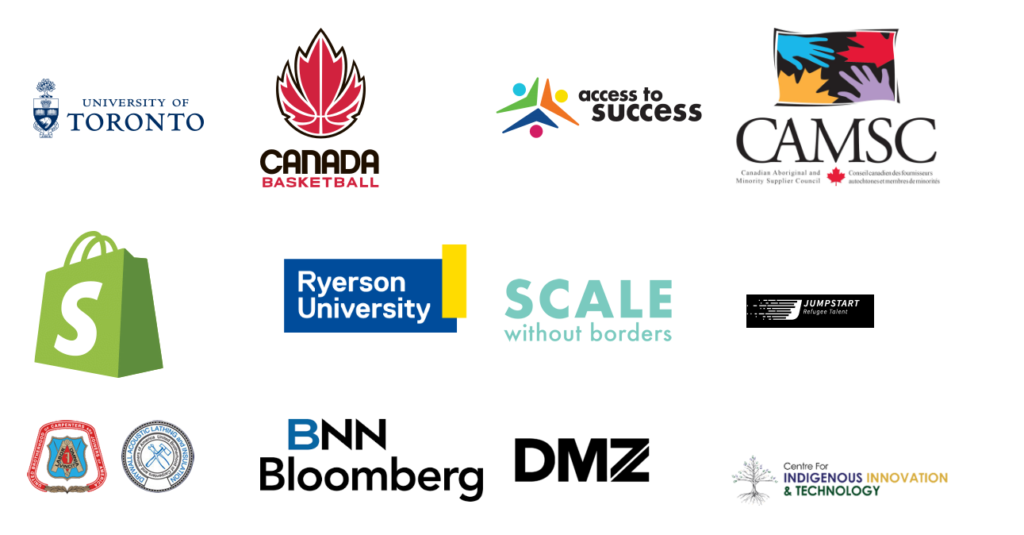Every business transaction has an economic, environmental, social impact on our communities. In collaboration with our partners, we are gathering data to understand the barriers to economic inclusion and its impact on the most vulnerable groups.
We are committed to finding solutions to remove those barriers and we seek to enhance economic opportunities for all.
Our approach is to build healthy communities by increasing community capital. We understand that healthy communities require multiple types of capital. These types of community capital include:
- human capital;
- economic capital;
- social capital;
- cultural capital; and
- physical capital.




